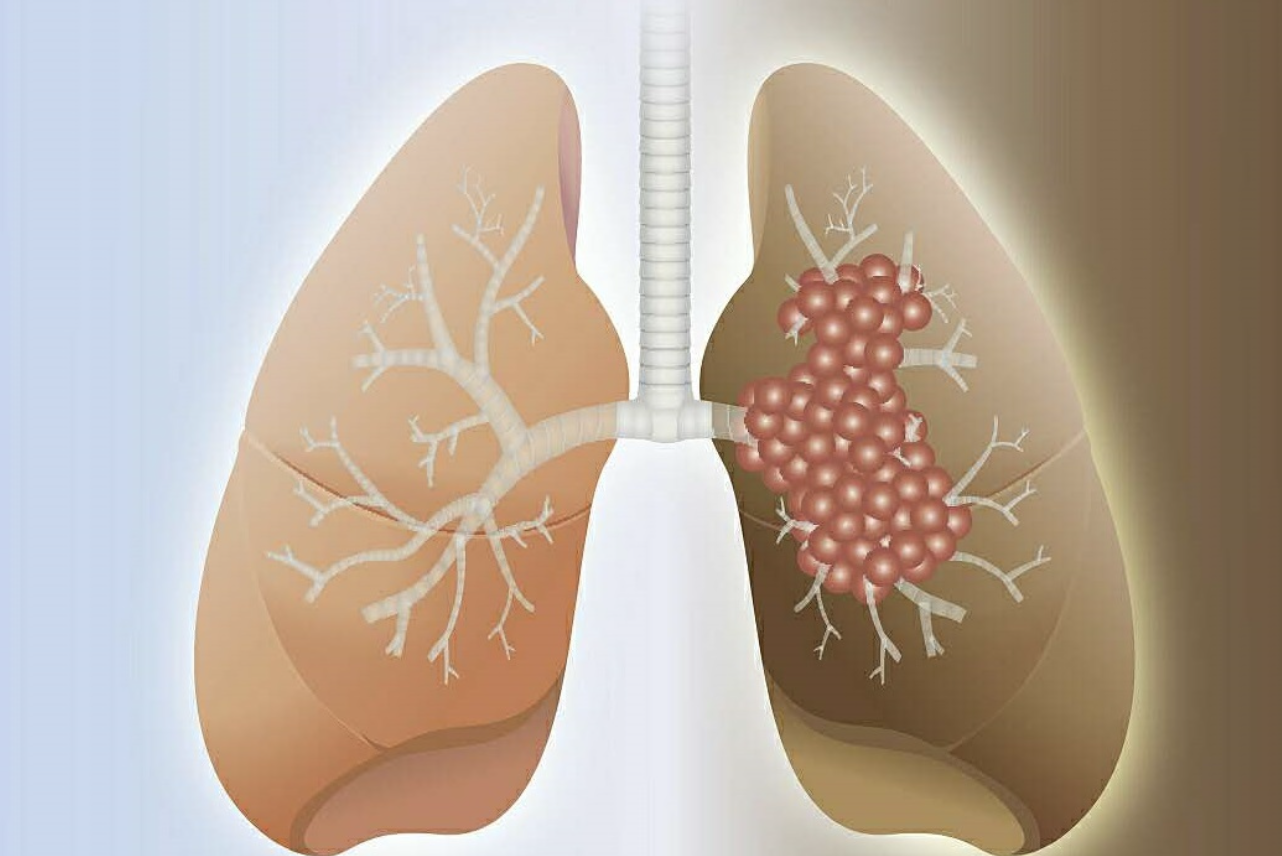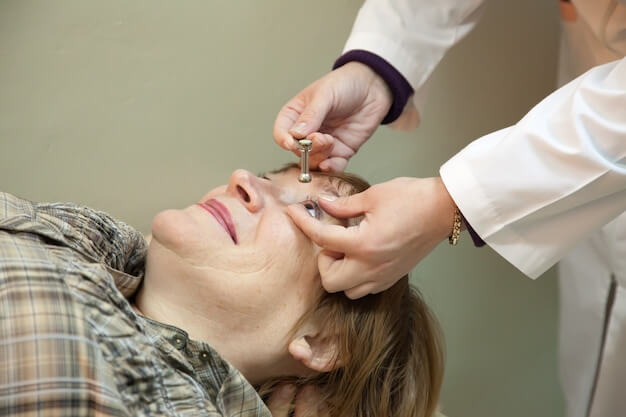Medical
New Developments In Gastric Cancer Research: Keytruda In Combination With Chemotherapy Significantly Improves Survival In Patients With Advanced Disease!
Results from a pivotal phase 3 trial show that the PD-1 therapy Keytruda, in combination with chemotherapy, significantly improves survival in patients with advanced gastric cancer and has a favorable safety profile. Patients benefited regardless of their PD-L1 expression.

Results from a pivotal phase 3 trial show that the PD-1 therapy Keytruda, in combination with chemotherapy, significantly improves survival in patients with advanced gastric cancer and has a good safety profile. Patients benefited regardless of their PD-L1 expression.

Recently, Merck Sharp & Dohme announced the results of a pivotal phase 3 KEYNOTE-859 trial: PD-1 therapy Keytruda in combination with chemotherapy, as first-line treatment, significantly improved overall survival in patients with HER2-negative, locally advanced unresectable or metastatic gastric cancer, gastroesophageal junction adenocarcinoma (GEJ).
Regardless of the patient's PD-L1 expression, patients had statistically significant and clinically meaningful improvements in overall survival, progression-free survival and overall remission rates with this combination therapy compared to chemotherapy alone.

Safety-wise, the safety observed in this trial was consistent with that observed in previously reported studies and no new safety signals were identified.
The results of the trial will be presented at an upcoming medical meeting and will be submitted to regulatory agencies.

"Despite improvements in cancer care, advanced gastric cancer remains one of the diseases with a low five-year survival assortment and new interventions are urgently needed.The results of the KEYNOTE-859 trial suggest that, regardless of a patient's PD-L1 expression, Keytruda in combination with chemotherapy has the potential to improve outcomes compared to chemotherapy alone in HER2-negative, locally advanced non- The results of this trial show that Keytruda combination therapy has the potential to improve survival in patients with HER2-negative, locally advanced, non-resectable or metastatic gastric and gastroesophageal junction adenocarcinoma (GEJ) compared to chemotherapy alone. We are very excited by these new results and we are committed to continuing our exploration to make Keytruda a new treatment option in the fight against gastrointestinal cancers." Dr. Eliav Barr, Senior Vice President and Head of Global Clinical Development and Chief Medical Officer at Merck Sharp & Dohme Research Laboratories, said.
About the KEYNOTE-859 trial
KEYNOTE-859 is a randomised, double-blind phase 3 trial evaluating the first-line treatment of Keytruda in combination with chemotherapy compared to placebo in combination with chemotherapy in patients with HER2-negative, locally advanced unresectable or metastatic gastric cancer and gastroesophageal junction adenocarcinoma (GEJ). The primary endpoint of the trial was overall survival, with secondary endpoints including progression-free survival, overall remission rate, duration of response and safety.
A total of 1579 patients were recruited to the trial. Patients were randomised into two groups, one treated with Keytruda (200 mg every three weeks for approximately two years) in combination with fluoropyrimidine and platinum-based chemotherapy and the other treated with placebo in combination with chemotherapy.
About Keytruda

Keytruda is currently approved by the US FDA as a single agent or in combination with other therapies for a variety of indications, including melanoma, non-small cell lung cancer, head and neck squamous cell carcinoma, classical Hodgkin's lymphoma, primary mediastinal large B-cell lymphoma, uroepithelial carcinoma, non-muscle-invasive bladder cancer, cancers with high microsatellite instability or mismatch repair defects, gastric cancer, oesophageal cancer, cervical cancer, hepatocellular carcinoma, Merkel cell carcinoma, renal cell carcinoma, endometrial cancer, cancers with high tumour mutational load, squamous cell carcinoma of the skin, triple-negative breast cancer, etc.
Keytruda is also currently approved for several indications in China.
About Stomach Cancer
Gastric cancer is the fifth leading cancer and the fourth leading cause of cancer death worldwide. in 2020, nearly 1.1 million new cases were diagnosed worldwide and more than 768,000 people died from the disease. In the United States alone, it is estimated that by 2022, there will be more than 26,000 new diagnosed cases of stomach cancer and more than 11,000 deaths.

Most gastric cancers are adenocarcinomas of the stomach (about 90% to 95%) and develop from the mucosal cells in the inner layers of the stomach assemble. Due to the lack of early symptoms, gastric cancer tends to develop slowly over many years, resulting in most patients not being detected until an advanced stage. According to statistics, over 70% of gastric cancer patients are already at an advanced stage when detected, and the five-year survival rate for patients with advanced gastric cancer is only 6%. As a result, there is an urgent need for effective new treatments for patients with advanced gastric cancer.
-
![]()
![]() MedicalOct 30, 2024
MedicalOct 30, 2024Pfizer's New Treatment Elranatamab Receives FDA Breakthrough Therapy Designation For Relapsed Or Refractory Multiple Myeloma
-
![]()
![]() MedicalOct 29, 2024
MedicalOct 29, 2024Cutting-Edge Targeted Drug For Cholangiocarcinoma Significantly Extends Patients' Lives!
-
![]()
![]() MedicalOct 28, 2024
MedicalOct 28, 2024Frequent CT After Lung Cancer Surgery For Fear Of Recurrence?
-
![]()
![]() MedicalOct 27, 2024
MedicalOct 27, 2024What should we pay attention to after excimer laser surgery?
-
![]()
![]() MedicalOct 26, 2024
MedicalOct 26, 2024New Research: Cracking The Targeted Drug Resistance Puzzle And Eliminating Cancer Cells Before They Evolve!




